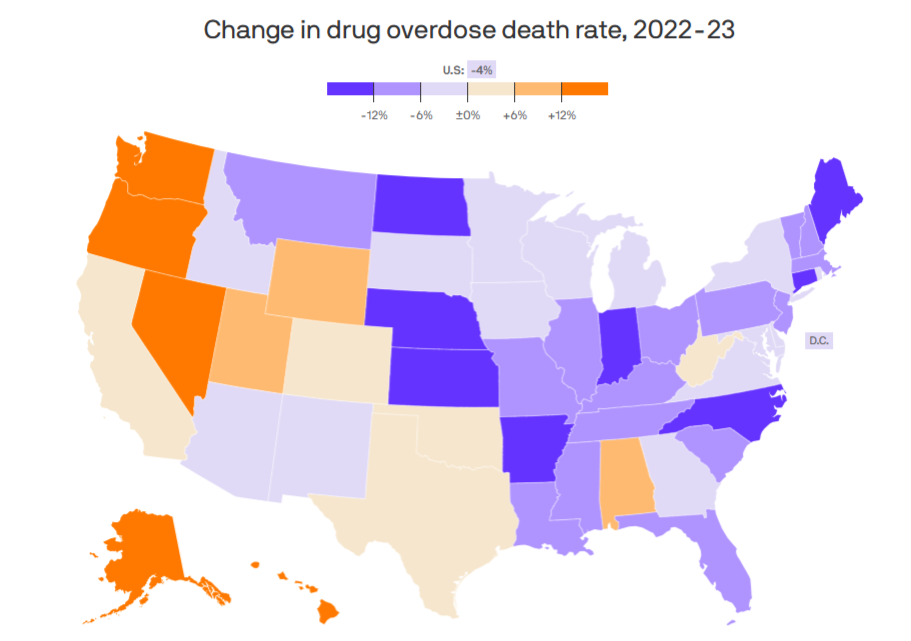Chinese stocks listed in Hong Kong outperformed their regional counterparts as gains in major tech firms offset the negative impact of a new round of US tariffs on China, Bloomberg reports.
The Hang Seng China Enterprises Index reduced its decline to 1.2% after an initial fall of up to 2.5%. Tech giants, including Alibaba Group Holding Ltd. and Semiconductor Manufacturing International Corp., played a crucial role in the market’s recovery following the Lunar New Year holiday. Mainland Chinese markets remained closed for the festivities.
Alibaba’s shares soared by as much as 6.1%, reaching their highest level since November 12, following the company’s announcement that its AI model outperformed Meta Platforms’ Llama and DeepSeek’s V3 in multiple tests. A broader gauge of technology shares in Hong Kong dropped 1.2% after earlier sliding 3.2%.
Investment optimism was fueled by advancements in China’s AI sector. The low-cost AI model developed by Chinese startup DeepSeek underscored Beijing’s technological progress. Xin-Yao Ng, an investment director at abrdn Plc, noted that the development bolstered sentiment by demonstrating China’s competitiveness in AI.
“There’s actually been a series of model releases in China over recent weeks that claim to match overseas technology, like Bytedance’s Doubao, Alibaba’s Qwen, and Moonshot,” said Ng.
The market rally came amid geopolitical headwinds. The US imposed new tariffs of 10% on Chinese imports, prompting China’s Commerce Ministry to vow “corresponding countermeasures” and a complaint to the World Trade Organization.
The offshore yuan weakened by up to 0.7% on Monday, nearing a record low against the dollar. Reports suggest Beijing is preparing an initial bid to address potential technology restrictions and further tariff hikes from the US.
Economic data showed China’s manufacturing activity declined for the second consecutive month in January, amplifying concerns about growth. Analysts predict that Beijing may introduce stimulus measures, including cuts to the reserve requirement ratio, interest rate reductions, and modest currency devaluation.
“If the additional tariffs are imposed as planned, Beijing is likely to respond with monetary easing measures,” said Homin Lee, a senior macro strategist at Lombard Odier.
Investors are also eyeing the upcoming annual legislative meeting in March for further policy announcements aimed at reviving a market that has lost half its gains since a major policy push in September.
Despite efforts to stabilize the stock market, analysts contend that Beijing’s measures, such as pension investments and consumer product subsidies, fall short of addressing underlying weaknesses in consumption.








